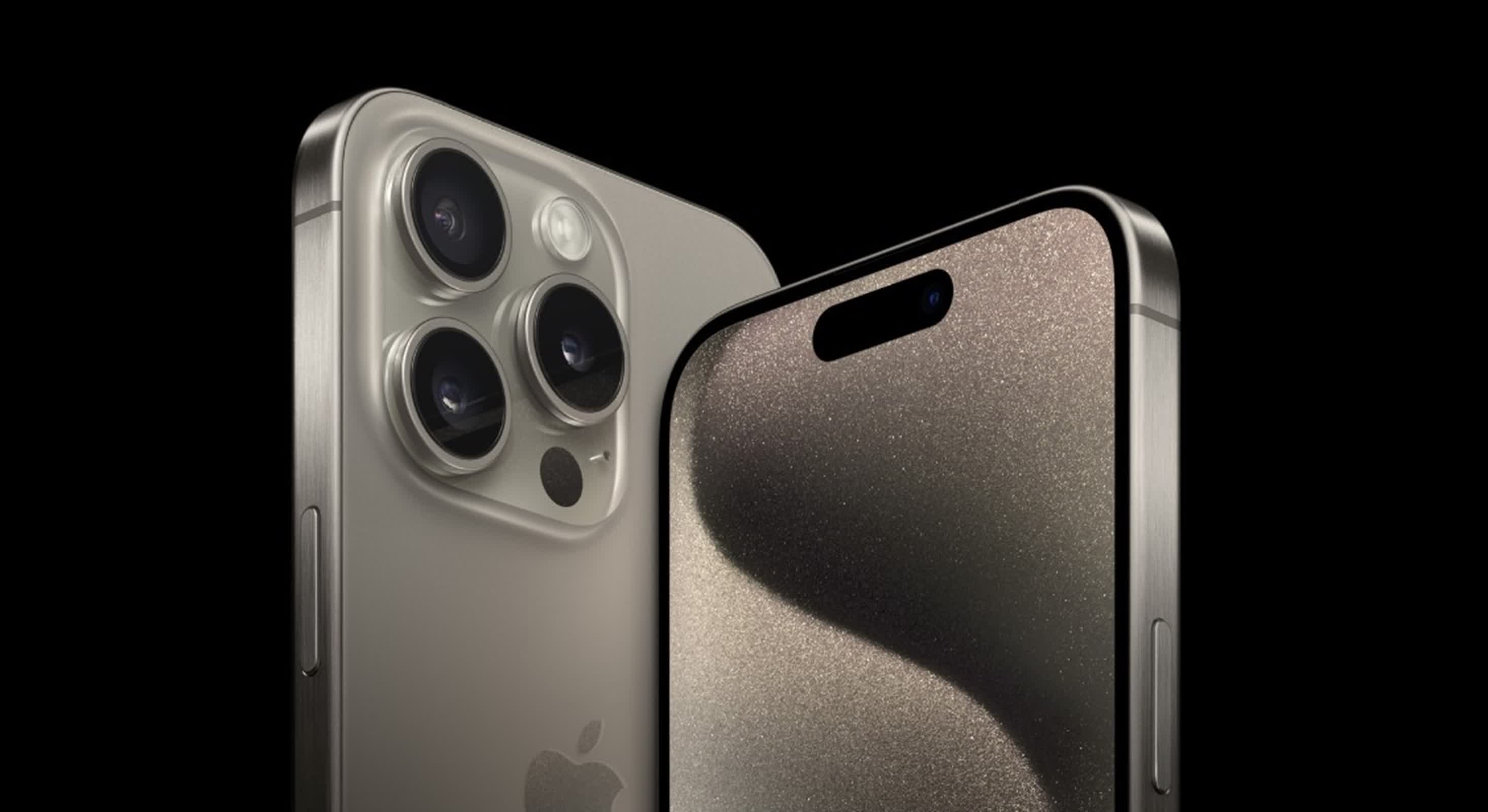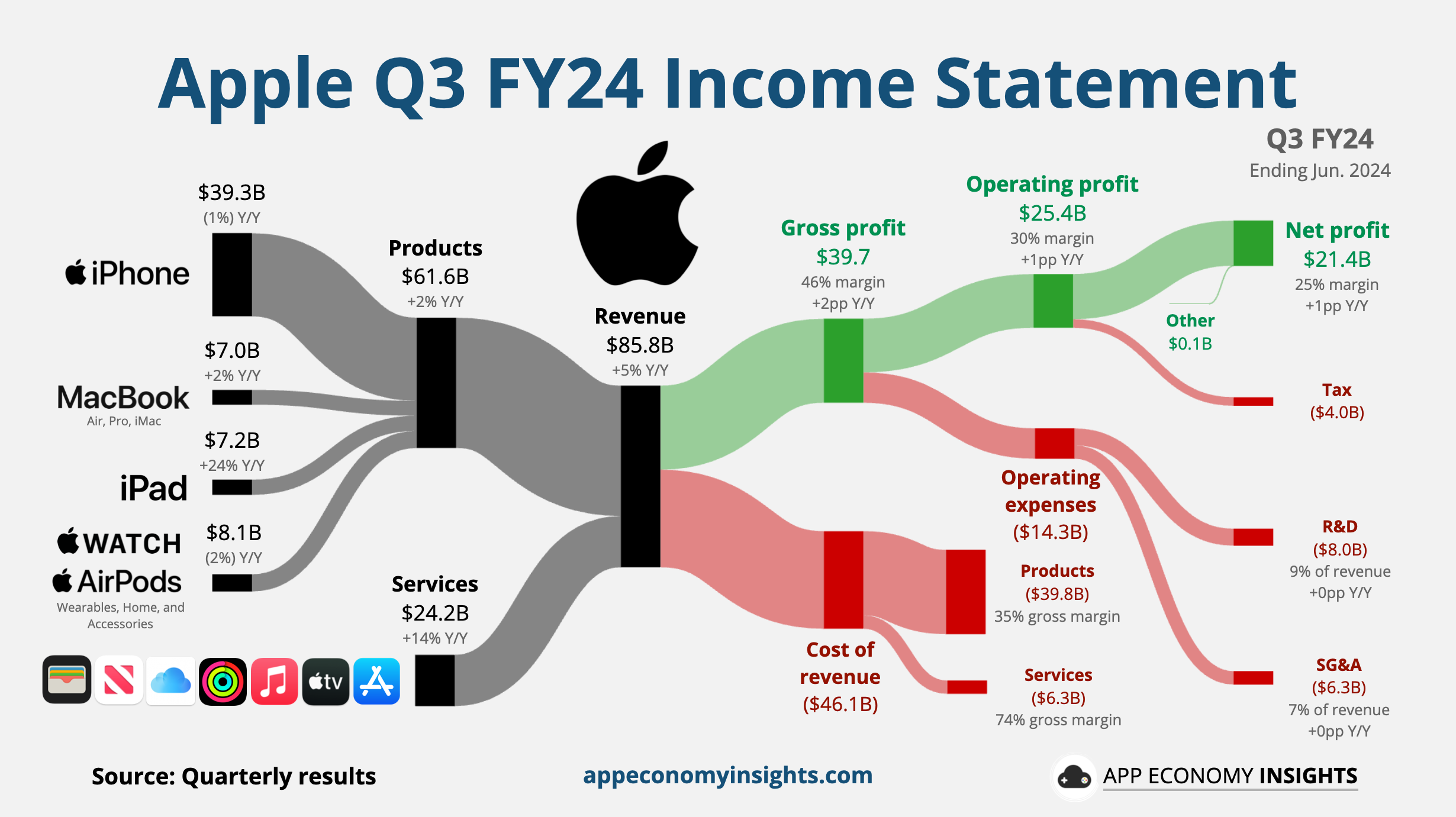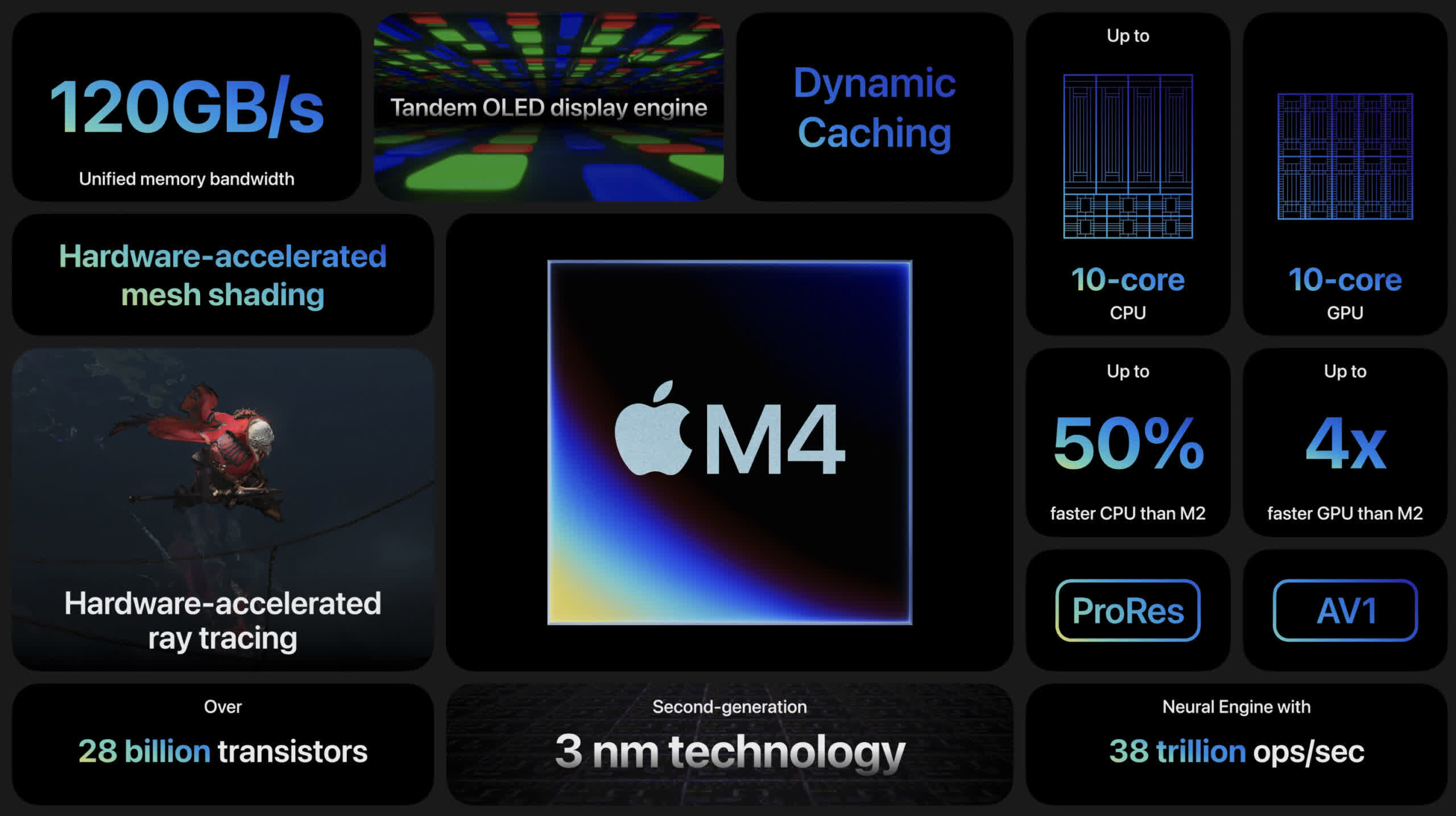Highly anticipated: As Apple prepares for its big annual iPhone launch, it faces a rapidly evolving market marked by a 6.5% growth in global smartphone shipments in the second quarter of 2024. Meanwhile, the wearables market is becoming increasingly price-sensitive, with consumers favoring more affordable options. The integration of AI capabilities could be pivotal in attracting new buyers, particularly Gen Z and Millennials, who are inclined to upgrade for advanced features.
Apple is gearing up for a major product launch event on September 9, where it is expected to unveil the latest iterations of its flagship devices: iPhones, Apple Watches, and AirPods. While Cupertino has yet to officially announce the date, preparations are already in full swing for the Monday event. Following Apple's traditional release schedule, the new iPhones are expected to hit the shelves on September 20.
Update (8/26): The Apple event has now been confirmed for Monday, September 9, 10 am PT, at the Steve Jobs Theater.
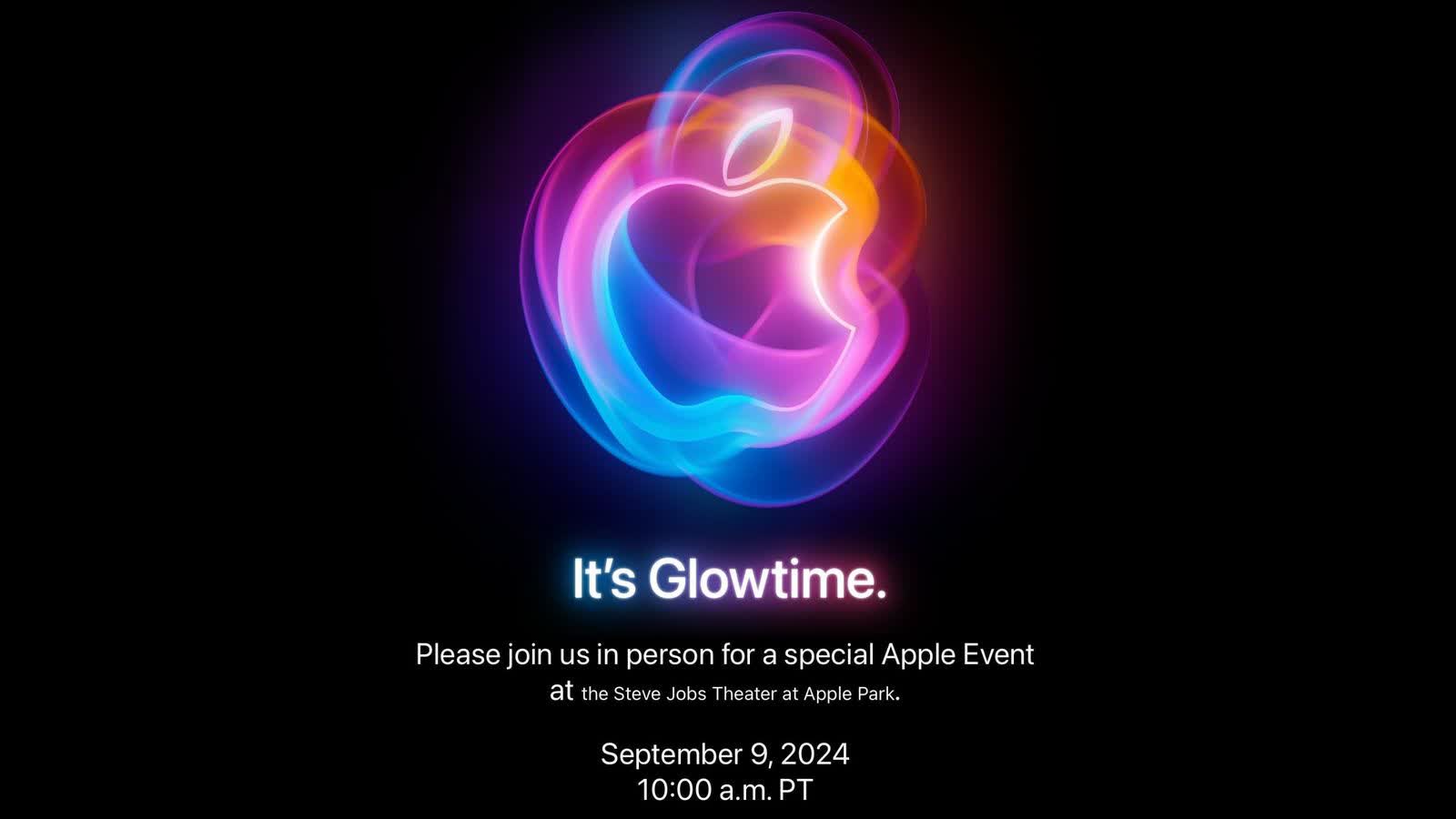
This launch is particularly critical for Apple as it seeks to revitalize its phone and wearable device segments, which have experienced sluggish sales recently. The introduction of the iPhone 16 is expected to boost Apple's fiscal fourth-quarter revenue, with analysts projecting a 5% increase in sales compared to the previous year. A more robust revenue growth of 7% is anticipated in the subsequent quarter, potentially reaching $128.4 billion, as the holiday season approaches.
The iPhone 16 will feature larger screens for its Pro models and new camera features, including a dedicated photo button. The phone's overall design will largely mirror last year's models though. Additionally, Apple will be introducing a suite of AI tools and software integrations under the moniker Apple Intelligence.
Apple is also rolling out changes for its wearable technology. The Apple Watch Series 10 will boast a sleeker design and larger screens, while the AirPods lineup (4th-gen) will include new mid-tier and budget versions. Notably, the mid-level AirPods will feature noise cancellation for the first time, and the entry-level model will receive its first update since 2019.
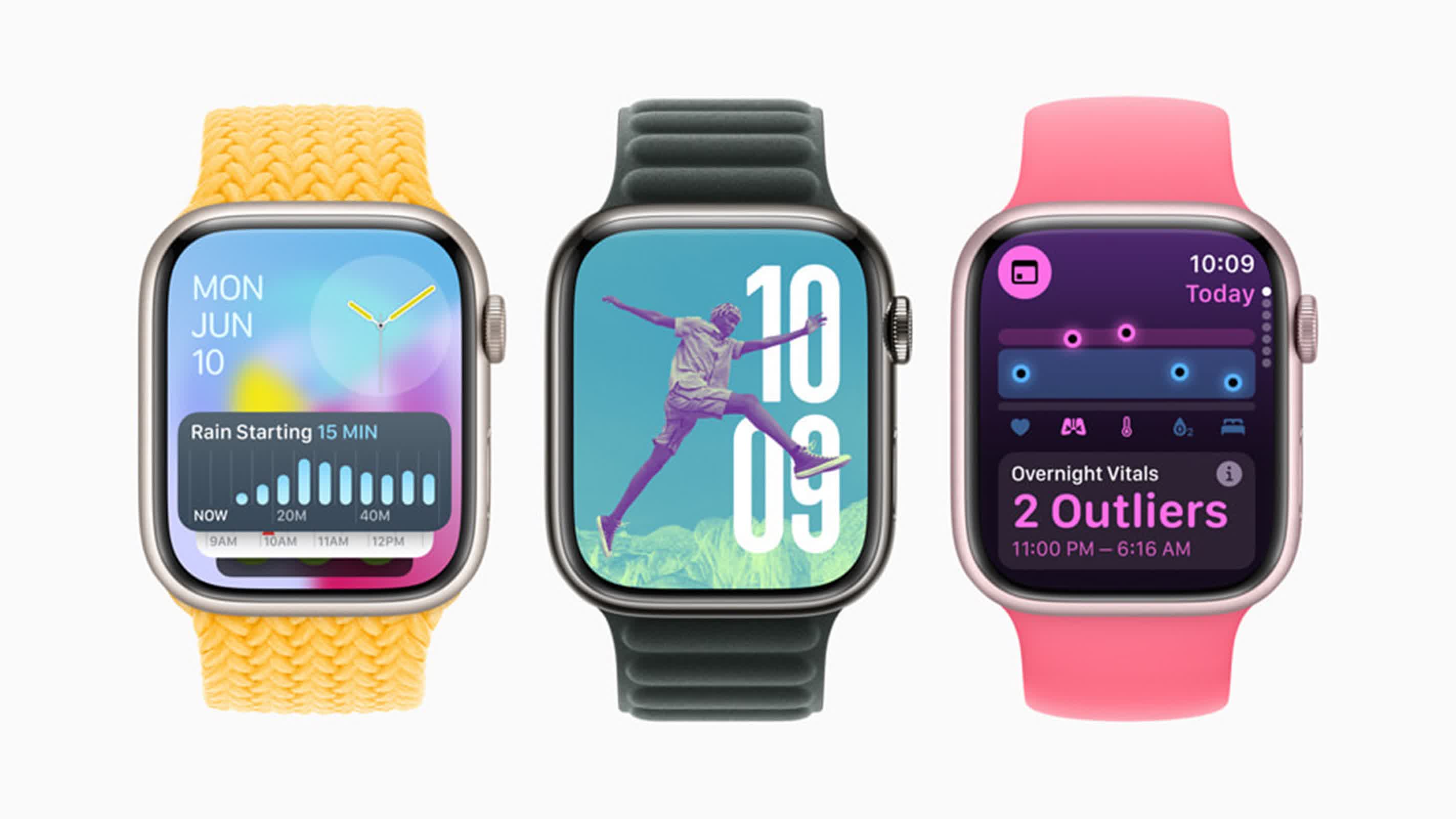
Looking beyond, Gurman reports that Apple plans to transition its Mac lineup to M4 processors before the year is over, with updates typically rolling out about a month after the iPhone launch.
According to developer test logs obtained by Bloomberg News, testing for four new Mac models is currently underway to ensure compatibility with third-party applications – a crucial step before the new machines hit the market. These models, identified as "16,1," "16,2," "16,3," and "16,10," will feature base-level M4 chips with varying core configurations and memory capacities.
Three of the new Mac models will be equipped with CPUs containing a total of 10 cores, while a lower-end model will feature 8 cores, indicating its performance tier. The 10-core models will pair their CPUs with 10-core GPUs, whereas the 8-core model will have an 8-core GPU. Memory options for these Macs will include either 16 or 32 GB.
The 10-core CPU configuration mirrors that of the M4 processor found in the iPad Pro, comprising 4 high-performance cores and 6 efficiency-oriented cores. However, one of the chips identified in the developer logs will feature a total of 8 cores, split evenly between high-performance and efficiency cores, offering a balanced performance profile.
